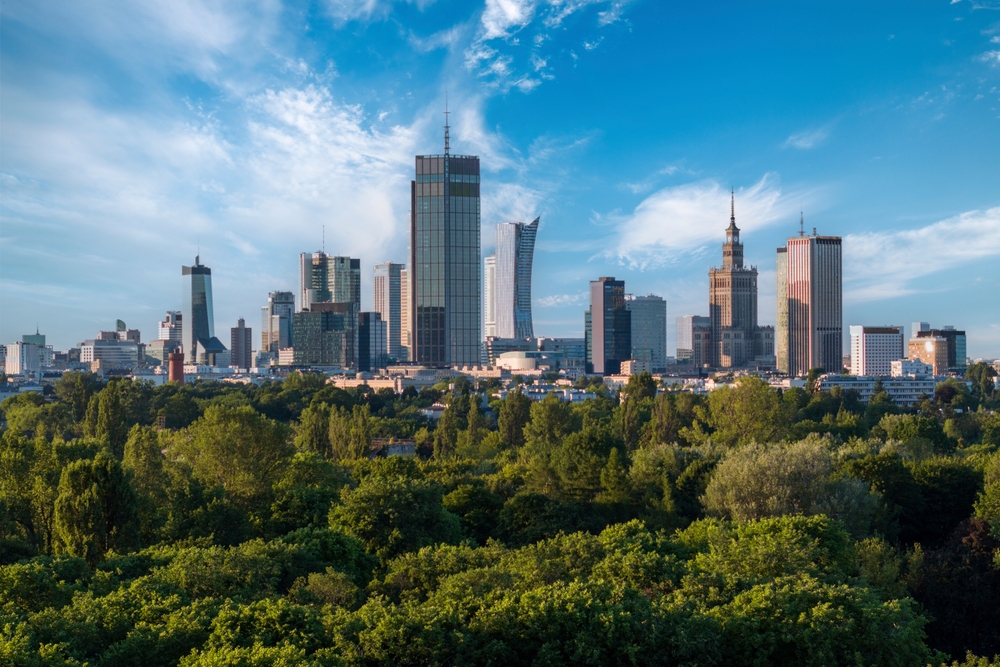Poland is poised to become the 20th largest economy globally, possibly overtaking Turkey, which is grappling with its highest inflation in 24 years, according to projections by the International Monetary Fund (IMF).
The IMF forecasts that by the end of 2023, Poland’s GDP will surpass $860 billion. This significant growth is further emphasized by Turkey’s current economic challenges, including a steep inflation rate that could cause it to fall from its 17th place to 21st in the global economy rankings.
Just a year ago, the World Bank ranked Poland at 21st by GDP, and its per capita purchasing power parity was nearly $36,800, a steep rise from $10,400 in 1989.
Despite fluctuating positions over the years, this potential advancement is attributed not to surpassing Switzerland, currently in 20th place, but due to Turkey’s potential drop from the 17th to the 21st position.
The calculation considers current exchange rates and the IMF’s local currency forecasts, suggesting Poland’s GDP might exceed Turkey’s by the year’s end.
Such movements in the rankings highlight the dynamic nature of global economic standings, where not only productivity and capital but also currency strength and country size play crucial roles.
Nominal GDP — the added value of what an economy produces — depends not only on productivity and capital but also on the size of the country, among other factors. “That’s why, for example, Russia is ahead of Poland,” explained Polish economic journalist Rafał Hirsch.
Hirsch emphasized that size isn’t everything, as Poland is outperformed in the rankings by countries smaller in area, such as South Korea and the United Kingdom. Additionally, as seen in the case of Warsaw and Ankara, the strength of the local currency also matters.
There are several rankings of the economically strongest countries in the world, including the G20, which brings together the world’s most powerful economies and the European Union.
“Entering the group of the largest economies is more difficult than getting into the G20 because geographical significance also plays a role, and there are countries (in the G20) like Argentina or South Africa, which are far behind on the list of the world’s largest economies,” Hirsch added.






